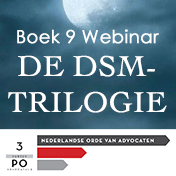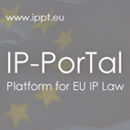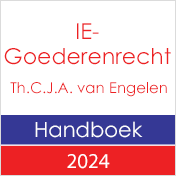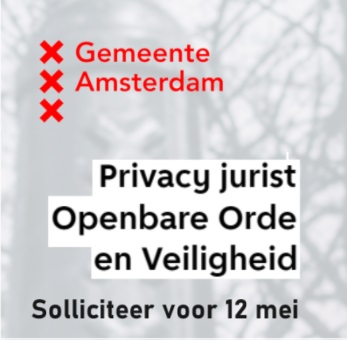 Gemeenschapsmerk – Beroep ingesteld door de aanvrager van het woordmerk „SKYSOFT” voor waren en diensten van de klassen 9, 35, 37, 38 en 42, en strekkende tot vernietiging van beslissing R 2503/2011 4 van de vierde kamer van beroep van het BHIM houdende verwerping van verzoeksters beroep tegen de weigering van de oppositieafdeling om dit merk in te schrijven in het kader van de oppositie ingesteld door de houder van het gemeenschapswoordmerk „SKY” voor waren en diensten van de klassen 9, 16, 18, 25, 28, 35, 38, 41 en 42.
Gemeenschapsmerk – Beroep ingesteld door de aanvrager van het woordmerk „SKYSOFT” voor waren en diensten van de klassen 9, 35, 37, 38 en 42, en strekkende tot vernietiging van beslissing R 2503/2011 4 van de vierde kamer van beroep van het BHIM houdende verwerping van verzoeksters beroep tegen de weigering van de oppositieafdeling om dit merk in te schrijven in het kader van de oppositie ingesteld door de houder van het gemeenschapswoordmerk „SKY” voor waren en diensten van de klassen 9, 16, 18, 25, 28, 35, 38, 41 en 42.
Het beroep wordt verworpen. Het BHIM heeft terecht geoordeeld dat er sprake is van verwarringsgevaar tussen het aangevraagde woordmerk “SKYSOFT” en het oudere gemeenschapswoordmerk “SKY” voor o.a. computers. Er is sprake van soortgelijke waren en diensten en een gemiddelde mate van visuele, fonetische en begripsmatige overeenstemming tussen de betrokken tekens. Een hogere mate van oplettendheid aan de zijde van het Engels sprekende publiek zal hier niet van af doen. Het verweer van verzoekster dat het oudere merk onderscheidend vermogen mist, wordt niet gehonoreerd. Het GEU acht het bewezen dat het oudere merk een aanzienlijke reputatie in het Verenigd Koninkrijk heeft en dat deze wel onderscheidend vermogen heeft.
37 That likelihood of confusion is supported by the fact that the common element ‘sky’ of the marks at issue simultaneously constitutes their distinctive and dominant element, taking into account, in particular, how the element ‘soft’ — as an abbreviation of the term ‘software’ — of the mark applied for is descriptive of some of the goods and IT services in question (see paragraph 30 above) and of its function as an adjective qualifying the noun ‘sky’ (see paragraph 33 above). In that regard, the applicant cannot claim that the earlier trade mark is simply a descriptive reference to the goods and services in question, in particular those associated with telecommunications, television and the transmission of images because the word ‘sky’ refers to non-terrestrial television programmes or data transmission paths (see paragraph 21 of the contested decision). Having regard to the meaning of that word, as understood by the relevant English-speaking public (see paragraph 32 above), and to the absence of any additional qualifier establishing a link with the infrastructure for providing those services, such as the word ‘channel’, such a perception by the relevant public appears to be out of the question.
40 It must therefore be concluded that the Board of Appeal’s assessment that the earlier trade mark had a substantial reputation in the United Kingdom for some of the goods and services in question (paragraphs 26 to 34 of the contested decision) and could not be regarded as having an inherently low distinctiveness in respect of those goods and services (paragraphs 35 to 39 of the contested decision) is not vitiated by any error.
Lees het arrest hier.
IEPT20141015, GEU, Skysoft Computersysteme v BHIM



























































